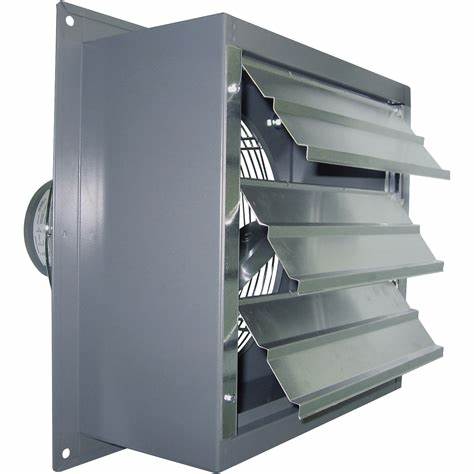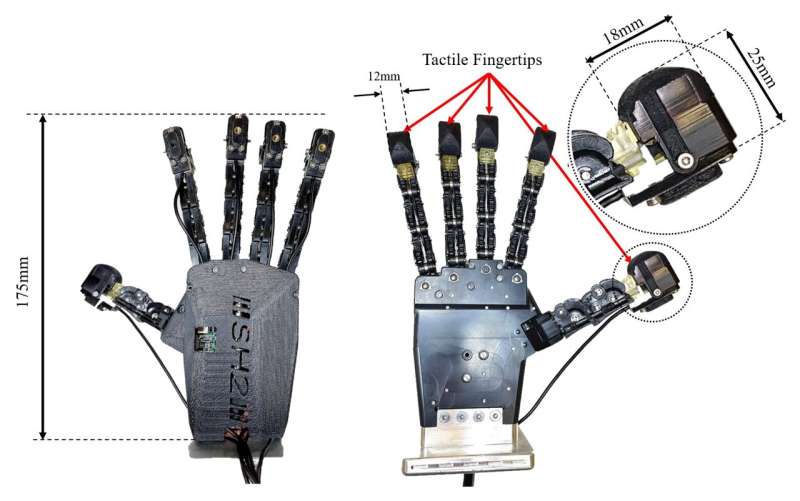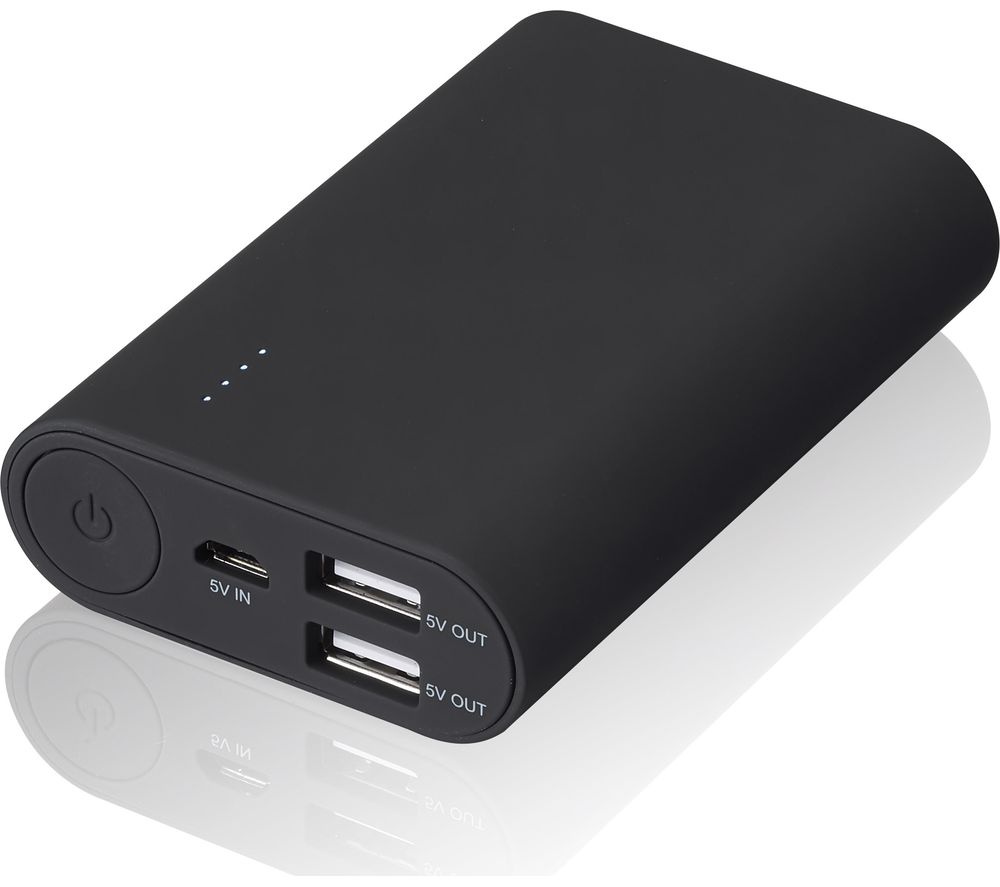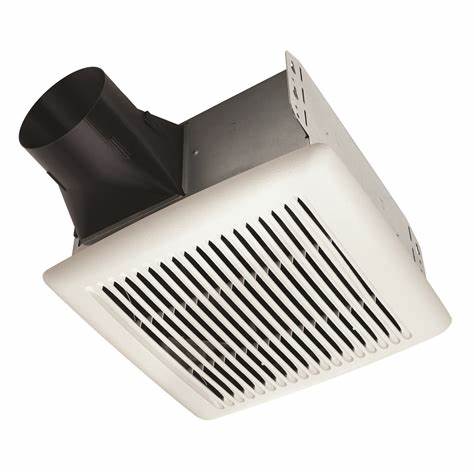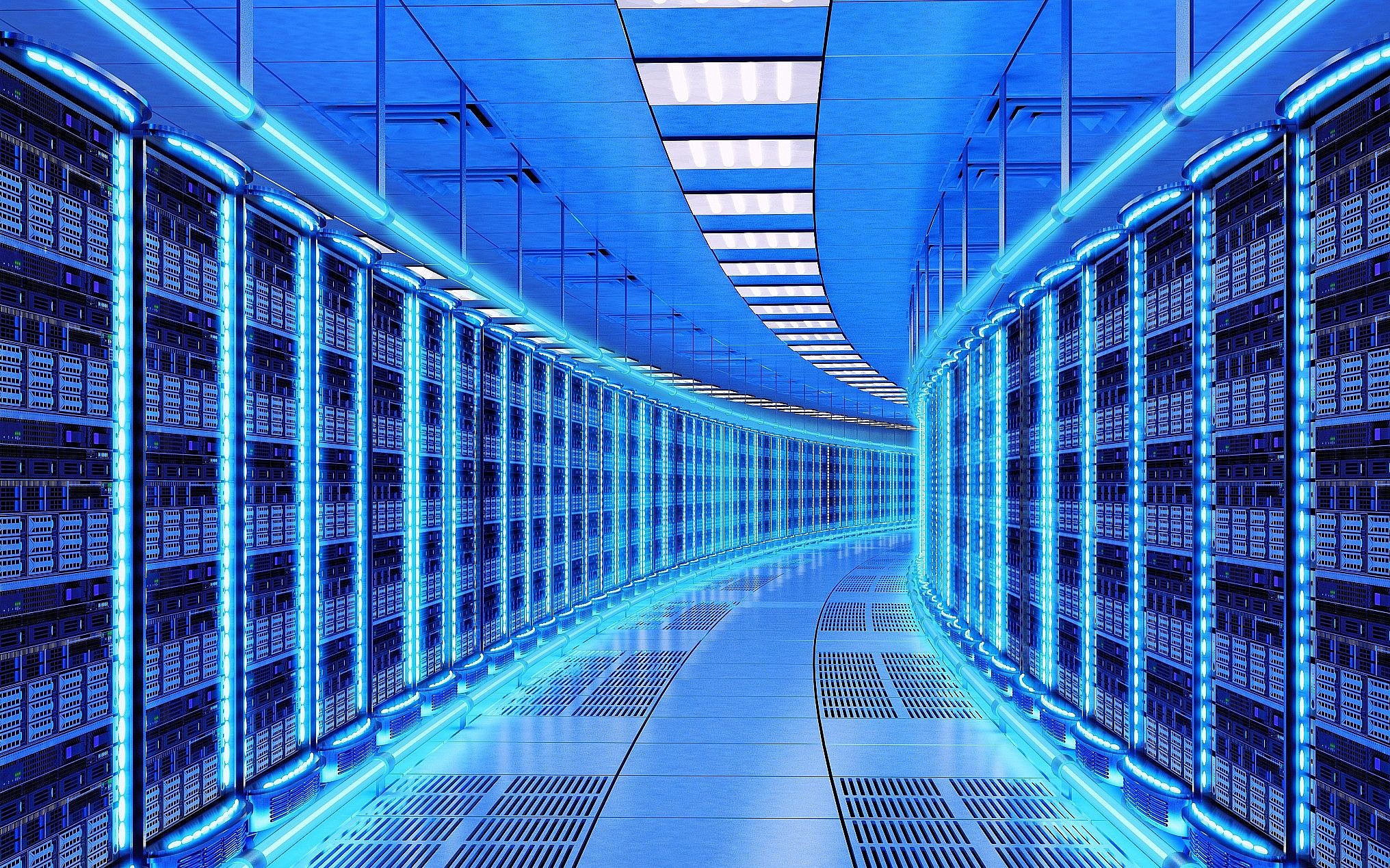Hyundai Elevator Co. Ltd: Powering the Next Vertical Leap in Singapore Elevator Market Urban Future
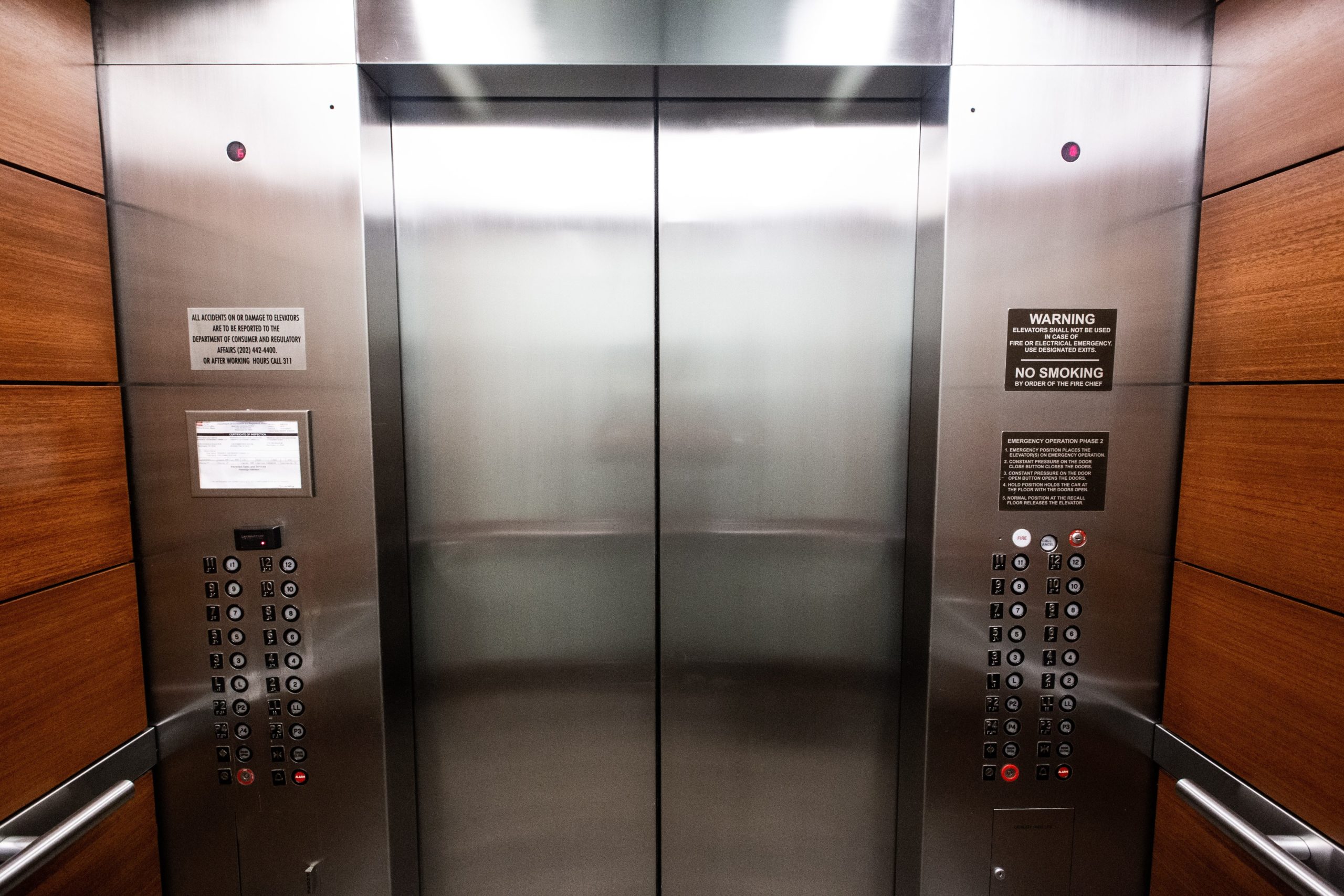
Strong 8k brings an ultra-HD IPTV experience to your living room and your pocket.
Introduction
The Singapore Elevator Market accelerates into a smart and sustainable urban era, the need for cutting-edge elevator systems has never been more critical. Among the elite global players rising to meet this demand is Hyundai Elevator Co. Ltd, South Korea’s largest elevator manufacturer. Though traditionally dominant in its home market, Hyundai Elevator is expanding its footprint across Southeast Asia—and Singapore is a key target.
This article explores Hyundai Elevator’s strategic approach to the Singapore elevator market, its technological innovations, and how the company is competing and collaborating in a fast-evolving urban ecosystem.
Singapore’s Urban Ecosystem: An Elevator Opportunity
Singapore’s high-rise urban planning model continues to demand smarter, safer, and more sustainable vertical mobility solutions. The following market trends are shaping demand for companies like Hyundai Elevator:
• Rising High-Rise Developments: From smart homes to integrated transport hubs and skyscrapers.
• Smart Nation Initiative: A push for connected, intelligent infrastructure.
• Green Building Mandates: Including the Building and Construction Authority (BCA)’s Green Mark certifications.
• Accessibility Standards: Especially for an aging population and universal design compliance.
With this in mind, Hyundai Elevator is stepping in with agile strategies, smart elevator systems, and sustainability-focused technologies to cater to these evolving needs.
Hyundai Elevator’s Strategic Market Approach in Singapore
1. Localized Partnerships and Joint Ventures
Hyundai Elevator has focused on strategic local partnerships with Singapore-based construction firms, real estate developers, and system integrators. This approach gives them better insights into:
• Regulatory compliance with BCA standards
• Custom architectural requirements in diverse buildings (e.g., mixed-use skyscrapers, hotels, MRT stations)
• After-sales service integration and maintenance support
Their agile joint venture model ensures quicker deployment and more tailored elevator packages suited to the Singapore market.
2. Targeting Mid-Range and Premium Segments
While global giants dominate Singapore’s ultra-premium skyscraper market, Hyundai Elevator is successfully positioning itself within:
• Mid-rise condominiums
• Commercial office towers
• Healthcare and transport hubs
• Government-led housing redevelopment
By offering premium features at competitive price points, Hyundai aims to win over developers looking for high-tech, cost-effective alternatives to legacy elevator brands.
Emerging Innovations by Hyundai Elevator in Singapore
A. Hyundai’s IoT-Powered Smart Elevators
Hyundai Elevator has developed a suite of IoT-connected elevators designed for smart buildings. In Singapore, where smart integration is a national priority, these elevators offer:
• Real-time monitoring and predictive diagnostics
• Remote performance tracking via mobile apps
• Cloud-based updates and service alerts
• Compatibility with smart building systems and BMS platforms
Their mobile management platform allows building managers to monitor status, usage patterns, and potential faults—optimizing performance and reducing downtime.
B. Touchless Technology and Hygiene-First Design
Post-COVID, Singapore’s demand for touchless elevator systems surged—and Hyundai responded with:
• Gesture-based floor selection
• QR code access and NFC-enabled elevator calls
• Voice-command-enabled elevators via Hyundai’s proprietary AI assistant
• Antimicrobial buttons and air-purifying cabin interiors
These features are especially appealing in healthcare centers, hospitality, and public-use buildings.
C. Sustainability and Green Technology
Aligned with Singapore’s green building codes, Hyundai Elevator has implemented:
• Energy regenerative systems that capture and reuse power during downward travel
• PM motors with high energy efficiency and reduced vibration
• Low-energy LED lighting and sleep modes to save power when idle
In recent installations, their Green Machine Room-less (MRL) elevators have been praised for significantly lowering both carbon footprints and maintenance costs.
Modernization Strategy: Breathing New Life into Old Infrastructure
Hyundai Elevator’s Singapore strategy includes aggressive modernization solutions targeting older HDB blocks, government buildings, and aging commercial structures.
Their modernization packages include:
• Upgrading control systems to smart-enabled microprocessors
• Replacing old hoisting systems with gearless, quiet drives
• Improving speed, safety, and ride quality with vibration-absorbing tech
• Installing emergency call and two-way video systems for safety
These tailored upgrades are especially useful for older buildings looking to enhance elevator capabilities without structural overhauls.
AI & Predictive Maintenance as a Service
With Singapore’s increasing preference for predictive and preventive maintenance, Hyundai has introduced its AI-based service platform:
Key Features:
• Uses machine learning to detect anomalies before faults occur
• Offers maintenance scheduling optimization
• Predicts parts degradation and lifecycle
• Integrates with digital twin models of the elevator system
This system, Hyundai SmartCare™, is deployed across several pilot projects in Singapore and has shown a 15–25% reduction in downtime across test sites.
Select Hyundai Projects in Singapore
1. Commercial Office Towers – Novena & Bugis
Hyundai has installed MRL and AI-integrated elevators in Grade A commercial towers with tight floor plans—optimizing speed and floor-to-floor efficiency.
2. Residential Projects – Jurong & Tampines
In mid-rise private and EC housing developments, Hyundai offers a balance of cost-efficiency, smart features, and universal design compliance.
3. Transit-Oriented Installations – Near MRT Lines
For mixed-use hubs near MRT interchanges, Hyundai has implemented high-traffic resistant elevators designed for speed, durability, and smart coordination with foot traffic sensors.
Regional Expansion & R&D Synergy with Singapore
Hyundai views Singapore not just as a market but as a launchpad for Southeast Asia, leveraging its smart-city ecosystem to refine products for export. Singapore’s rigorous codes also serve as a quality benchmark for Hyundai's regional development.
R&D Collaboration:
• Hyundai plans to establish regional test labs and smart demonstration sites in Southeast Asia, with Singapore as a base.
• Focus areas include green tech, AI diagnostics, and smart accessibility features for elderly populations.
Conclusion
As Singapore rises vertically and digitally, Hyundai Elevator Co. Ltd. is stepping up with scalable, smart, and sustainable elevator solutions that meet the evolving demands of city planners, developers, and end-users.
By blending innovation with affordability, prioritizing smart integrations, and embracing green modernization, Hyundai is not only gaining market share in Singapore—it’s becoming a vital player in the vertical transformation of Southeast Asia’s most forward-thinking city.
Note: IndiBlogHub features both user-submitted and editorial content. We do not verify third-party contributions. Read our Disclaimer and Privacy Policyfor details.



